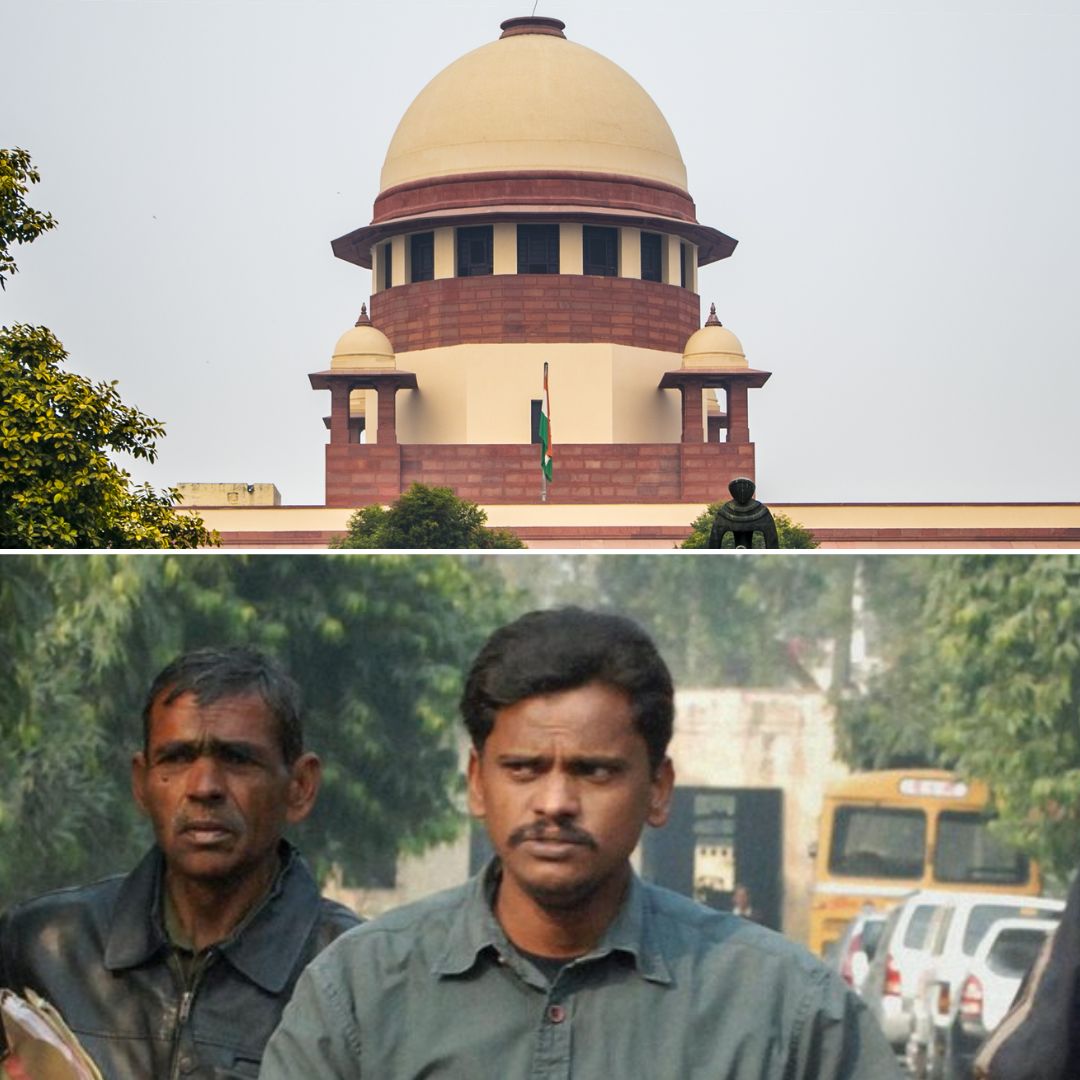The Supreme Court of India on 11 November 2025 delivered a landmark judgment acquitting Surinder Koli, the lone convict remaining in the infamous Nithari serial killings case, and ordered his immediate release. The three-judge bench led by Chief Justice B. R. Gavai and comprising Justices Surya Kant and Vikram Nath allowed Koli’s curative petition, overturning a 2011 conviction that had sentenced him to life imprisonment.
Since Koli had already been acquitted in 12 companion cases that relied on similar evidence, the Court found it untenable to maintain the solitary conviction. The verdict highlighted serious investigative and procedural lapses and reaffirmed the constitutional principles of fair investigation and trial.
Victims’ families were left devastated by the ruling, expressing outrage and grief over justice denied after nearly two decades.
Investigative Failures in the Nithari Case
The Supreme Court was sharply critical of the original police investigation, describing it as “botched and shifting” with multiple glaring errors. The bench observed failures such as improper securing of the crime scene, contradictory remand papers, delayed forensic examinations, and an absence of a credible chain of custody for crucial evidence.
Forensic experts found no human bloodstains or remains consistent with the crimes at the accused’s residence, undermining the prosecution’s narrative. The Court also highlighted the unreliability of Koli’s confession, noting he had spent over 60 days in custody without access to legal aid or a medical examination, raising the possibility of coercion and torture.
A senior official from the Central Bureau of Investigation commented on the verdict, acknowledging its distressing impact on victims’ families but underscoring the importance of justice grounded in concrete evidence rather than suspicion.
The Long Haul of Legal Proceedings
The Nithari serial killings, which surfaced in 2006 with the discovery of skeletal remains of children and women behind a Noida bungalow, remain one of India’s most gruesome crime cases. Surinder Koli, the domestic help at the bungalow owned by businessman Moninder Singh Pandher, and Pandher himself faced multiple charges related to the heinous acts.
Over the past 19 years, the case saw numerous twists: the Allahabad High Court initially upheld Koli’s conviction and death sentence in 2009 but acquitted Pandher in some cases. The Supreme Court dismissed Koli’s appeals and review petitions by 2014 but commuted his death sentence to life imprisonment in 2015.
Subsequent acquittals in 12 related cases exposed the flaws in evidence and investigation. The final acquittal by the Supreme Court and Pandher’s previous acquittal in 2023 have effectively closed the legal chapter, leaving many questions about the true perpetrators unanswered.
Background on Surinder Koli and the Case
Surinder Koli, a domestic worker employed by businessman Moninder Singh Pandher in Noida’s Nithari village, has been at the centre of one of India’s most notorious criminal cases spanning nearly two decades. The Nithari serial killings came to light in 2006 when skeletal remains of several children and women were discovered in a drain behind Pandher’s house.
Koli was accused of kidnapping, raping, murdering, and dismembering multiple victims, with Pandher alleged to have been complicit in some offenses. Over the years, the Central Bureau of Investigation (CBI) registered multiple cases against Koli on charges including murder, abduction, and destruction of evidence, while Pandher faced charges related to immoral trafficking. Between 2009 and 2017, Koli was convicted and sentenced to death in several cases, though the evidence and investigation were heavily criticised for flaws and lack of rigour.
Koli’s death sentence was commuted to life imprisonment in 2015 due to delays in the mercy petition process, and by 2023 he was acquitted by the Allahabad High Court in 12 cases owing to insufficient credible evidence besides his confessions. Pandher had also been acquitted in earlier cases.
The Supreme Court’s recent decision to set aside Koli’s last remaining conviction and order his release effectively closes the legal chapter of the case, which has been marked by procedural lapses and conflicting verdicts. Despite the acquittals, the brutal nature of the crimes and the suffering of victims’ families continue to cast a long shadow, raising deep concerns about criminal justice in India and investigative accountability.
The Logical Indian’s Perspective
This verdict underscores a painful paradox in pursuit of justice, the vital need to uphold fair trial rights versus the anguish of victims awaiting closure. While the Supreme Court’s decision protects constitutional guarantees and calls out serious investigative deficiencies, it also painfully illustrates how flawed procedures can impede justice for victims and society.
The case challenges us to demand a criminal justice system that is not only legally sound but also empathetic, transparent, and accountable. It is imperative that future reforms prioritise thorough, unbiased investigations and safeguard victims’ rights without compromising defendants’ protections.












